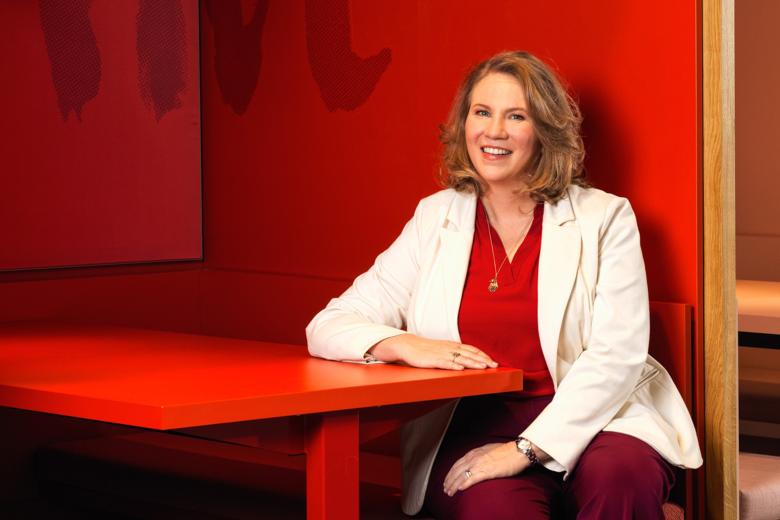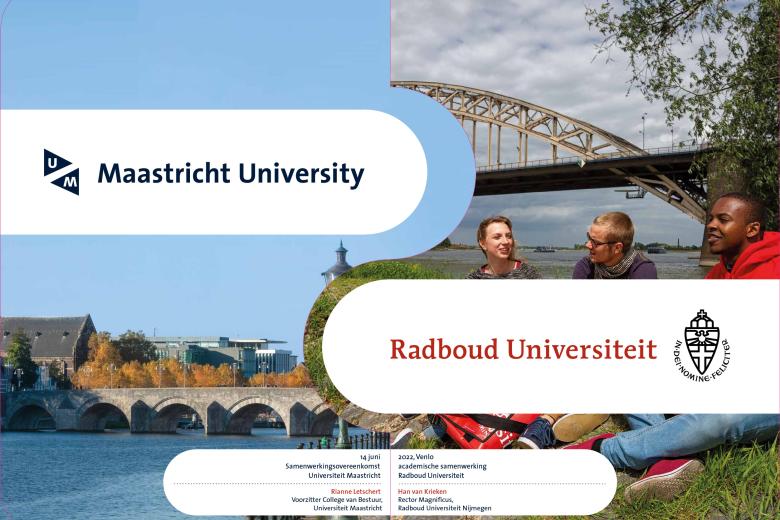UM and the political debate on internationalisation
Internationalisation of education, and specifically the intake of international students, is a hot topic in Dutch politics. This will also be the case in early 2023. As the most international university in the country, UM follows developments closely and, in the interest of the university and the region, the institution continues to ask for tailor-made solutions in the event of any regulations limiting the intake of foreign students.
The minister has promised the Tweede Kamer to come up with proposals for controlling intake of international students by February 2023. In doing so, he will keep all options open, from capacity measures to additional requirements for the language of instruction. The minister did mention that he has an eye for possible customization for so-called shrinkage regions and shortage sectors. UM welcomes this.
What does UM think and do?
UM believes that sufficient inflow of international talent will continue to be urgent for the Netherlands in the coming years. Especially in border regions and regions with a relatively strong ageing population, this is an absolute necessity. In Limburg, the presence of international talent is not only logical in a region where three national borders meet, but also a prerequisite for a full and strong educational offering. This also strengthens opportunities for our own youth. Together with other educational institutions in the province, UM provides this.
It is logical that universities that run into problems due to too large an intake should be given the opportunity to take measures. By providing space for international education where possible and only taking management measures where necessary, sufficient (including international) talent will be trained for a healthy labour market in the future.
Customization avoids throwing out the baby with the bathwater. Take UM: there is no recent, unmanageable influx of international students. UM has been an international university for years (with over 50% of students and 40% of academic staff international) with demonstrable benefits for the city, region and country. Plus for the students and staff themselves! Rigorous capacity measures or new demands on the language of instruction would detract from the international education and research climate thriving here and in other cities.
Together with others, we will continue to bring to the attention of decision-makers in The Hague and beyond the importance for the Netherlands of good international education and tailor-made solutions to manage student intake in the coming period.
The University Council has also spoken out about the importance of customization. Read the letter expressing the council's position here.
Also read
-
Astrid Boeijen new CEO of Brightlands Chemelot Campus
Astrid Boeijen will be the CEO of Brightlands Chemelot Campus in Geleen. Currently the CEO of the Brightlands Smart Services Campus in Heerlen, she will be transferring to the Brightlands Chemelot Campus on July 1. Astrid succeeds Bert Kip who held this position for eleven years.

-
Collaboration agreement between Radboud University and Maastricht University
On 14 June 2022, Radboud University in Nijmegen and Maastricht University signed a collaboration agreement for both education and research.

-
Workplace education programme for secondary school teachers in Limburg
Maastricht University and Radboud University’s teacher training academies are to intensify their cooperation to address the shortage of secondary school teachers. The joint workplace education programme will make it easier for existing and aspiring teachers in Limburg to obtain a teaching...
